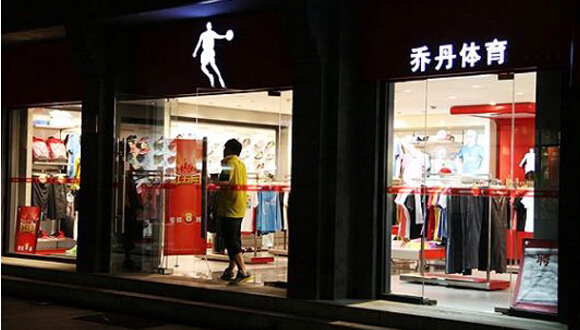China has made strides in many arenas over the past two years. Sadly IP protection still has a long way to go.
Just over two years ago, I wrote in these pages that there might soon be a resolution in the trademark dispute between basketball legend Michael Jordan and Qiaodan, the Chinese sportswear company that has long argued it holds the rights to use the Chinese form of Jordan's name, and his legendary "Jumpman" silhouette.
Two years later, Jordan has lost both an initial court ruling and was also denied by the Beijing Municipal
High People's Court. Jordan, it appears, has one final throw of the dice and has said he intends to appeal to the Supreme People's Court, China's highest court.
Given the result of other cases, he shouldn't waste his time.
If two courts in China can accept the farcical arguments from Qiaodan - among which that its name is intended to mean "grass and trees of the south" and is not, in fact, attempting to ape the most famous basketball star of all time - then why would a third court rule any differently?
But this decision may come back to haunt China in the long run.
Thus far in its modern history, originality and innovation have not been profitable for Chinese companies. From a purely commercial perspective, it has made far more sense for firms to copy successful models from abroad - albeit with a substantial degree of localization in certain cases - than to seek to reinvent the proverbial wheel and discover the next great global product.
But times are changing. Anyone who still believes that there is no genuine innovation in China, particularly in the tech sector, is living in the past. There is still some way before Chinese firms, as a whole, threaten their American counterparts in this regard, but the gap is undoubtedly closing.
It's a shame, then, that some companies are still behind the times.
Given the recent rulings, it appears that Qiaodan has not broken any Chinese laws, but those laws, then, are clearly not designed to uphold the spirit of IP protection.
As innovative Chinese firms continue to enter more markets, they are having to adjust to international norms. This new chapter of global expansion is a key part of the much-vaunted "Chinese dream," with Tencent, Alibaba and others bringing great pride to the nation.
Unfortunately, Qiaodan and others are doing their best to stop that progress.
